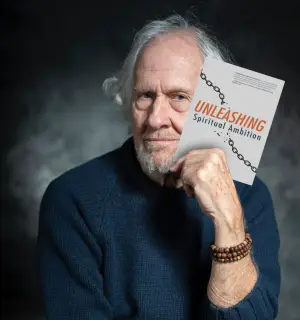Book Review: The Secret History by Donna Tartt
There’s something almost magnetic about the title The Secret History, isn’t there? It pulled me in almost as if it whispered promises of intellectual intrigue and dark academia. Donna Tartt’s captivating narrative, paired with an endorsement from Jenna, just heightened my anticipation. I’ve always found stories set in the hallowed halls of academia to be a rich playground for exploration, and Tartt undoubtedly delivers a haunting tale that lingers long after the last page.
At its heart, The Secret History revolves around Richard Papen, a boy from a modest background who finds himself at a prestigious liberal arts college in Vermont, Hampden. Through an unsettling mix of envy and admiration, he becomes entwined with a group of enigmatic and charismatic classics students led by the brilliant yet perplexing Professor Julian Morrow. This unconventional clique, with their intellectual pretensions and Dionysian revelries, is captivating—at first. However, this attraction quickly morphs into something more sinister as the allure of their world leads to a shocking act of violence.
What resonated deeply with me was how Tartt intricately weaves themes of elitism, privilege, and the consequences of aspiration into the fabric of her narrative. The characters, particularly the brooding Henry Winter and the charming but treacherous Bunny, are drawn with sharp, vivid strokes. I found myself oscillating between awe and discomfort, much like Richard himself. They are fascinating yet flayed open for examination, as their moral compasses wobble and ultimately fail.
Tartt’s writing style is lush and descriptive, painting vivid scenes that practically leap off the page. Each word feels deliberate, and the pacing, while deliberate, allows for introspection. There were moments where I was completely enveloped, feeling each revelation like a jolt, particularly during the chilling bacchanal scene that spirals into chaos. It’s this dense atmosphere that reminded me of why I cherish the psychological thriller genre—it’s not just about the suspense, but the weight of unsaid words and haunting actions. One particularly haunting quote resonated with me: “Beauty is terror. Whatever we call beautiful, we quiver before it.” It encapsulates the dualities present in the story, underlining the stark contrast between beauty and horror.
However, the book is not entirely without criticism. Some readers find the characters unlikable or the pacing overly contemplative. And I can understand why; at times, it flirts with the pretentious, especially in dialogue that seems more suited to an intellectual symposium than everyday college life. Yet, perhaps that’s the point—to challenge our perceptions of what it means to belong, to aspire, and to confront one’s flaws head-on.
As I turned the final pages, I felt an unsettling emptiness, akin to what Richard experiences. The intricate tapestry of desire, guilt, and tragedy had woven itself into my consciousness, and I found myself reflecting on the deeper implications of ambition. Tartt’s The Secret History is not only a tale of murder and moral ambiguity; it’s a mirror reflecting our own darkest desires and moral failings.
I wholeheartedly recommend this book to anyone who enjoys intricate narratives with rich character development and philosophical musings—especially those with an appreciation for dark academia. Whether you’re reminiscing about your own formative years or diving into the unsettling realities of ambition, The Secret History is bound to leave a mark. It’s the kind of book that stays with you long after you’ve closed its cover, making you question the very essence of beauty and morality in our lives.
You can find The Secret History: A Read with Jenna Pick here >>






